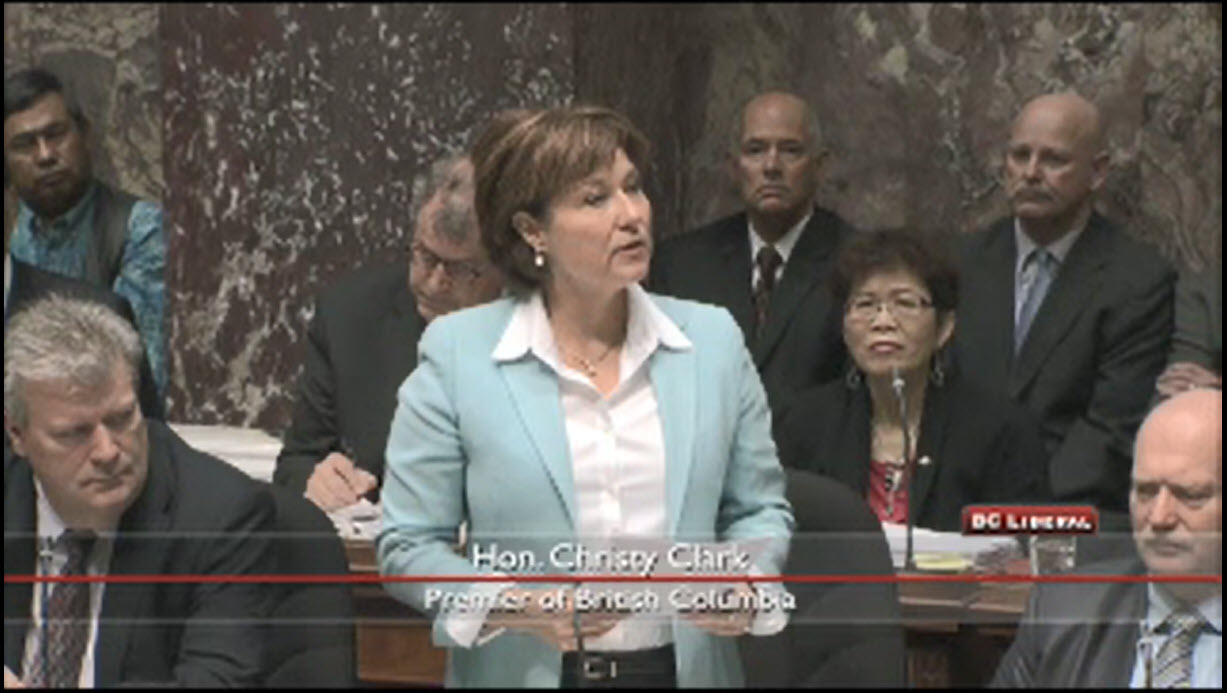The Tsilqhot'in (Chilcotin) decision by the Supreme Court of Canada on June 26, 2014, granted the declaration of Indigenous title to more than 1,700 square kilometres (656 square miles) of land in British Columbia to the Tsilhqot'in Nation, the first time in Canada that Indigenous title had been confirmed outside of a reserve. The ruling ended a complex legal journey which began in 1998, when the Tsilhqot'in Nation objected to British Columbia issuing private logging authorizations in their traditional territory.
This decision is significant for several reasons. As there are many Indigenous nations in British Columbia with unresolved land claims, this decision provides important guidance on what is required to establish Indigenous title, including how it pertains to semi-nomadic Indigenous peoples. Most importantly, this decision demonstrates the role of the Crown in consulting with and accommodating Indigenous nations prior to the establishment of Indigenous title.
The Tsilhqot'in Nation has lived in central B.C. for centuries and never entered into a treaty with the Crown during the colonization of mainland B.C. In an event referred to as the Chilcotin War of 1864, several members of the Nation killed workers constructing a road within Tsilhqot'in territory. The exact cause of the attack is not known; it may have been an attempt to prevent the return of smallpox to the territory. It occurred in an atmosphere of increasing unrest as survey parties and pack trains entered the Chilcotin Plateau in the wake of the Cariboo gold rush. After the attack, a number of Tsilhqot'in agreed to come to the colonial militia camp for peace talks but were instead seized and put on trial. Five Tsilhqot'in Chiefs were found guilty by Judge Matthew Begbie and hanged in October 1864. A sixth Chief was later captured and hanged in New Westminster.
Acknowledging the injustice experienced by the Tsilhqot'in, in 2014, B.C. Premier Christy Clark issued a formal apology for the execution of the Tsilhqot'in Chiefs. In 2018, Prime Minister Justin Trudeau exonerated the Chiefs and offered an apology to six of the current Tsilhqot'in Chiefs on the floor of the Canadian House of Commons.

